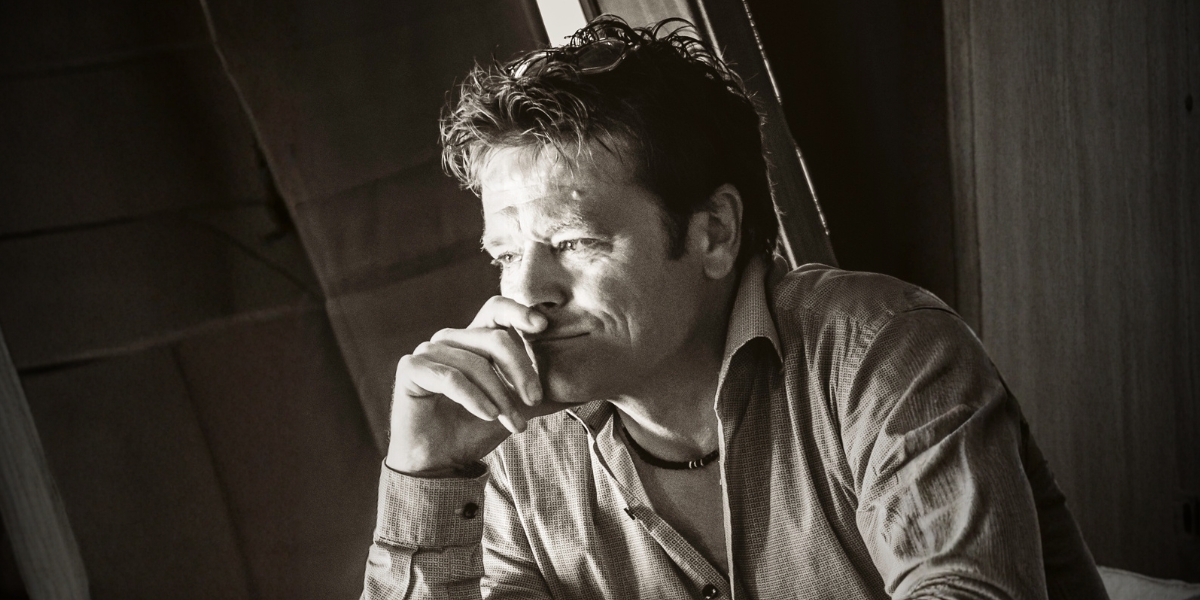Vocal performance is often at the heart of a rock band’s identity. The voice is not just an instrument; it conveys emotion, energy, and the band’s unique character. However, like all parts of the body, the voice changes with age, and for rock musicians, this can have a significant impact. As singers grow older, they may notice shifts in their vocal range, stamina, and tone. These changes don’t just happen overnight, and they can vary greatly depending on the individual and how they’ve used their voice over the years. Understanding how aging affects vocal performance helps shed light on why some legendary rock voices sound different as the years go by.
How Aging Changes the Vocal Cords
The vocal cords, like any part of the body, undergo natural changes as a person ages. These changes are the most direct way aging affects vocal performance. The vocal cords are made up of muscles and tissues that vibrate to produce sound, and over time, they lose some of their elasticity. As the voice becomes less flexible, it can make it harder for a singer to hit high notes or maintain a powerful sound, especially during long performances.
One of the most common physical changes is a decrease in muscle tone and flexibility in the vocal cords. These changes become more noticeable as a rock singer grows older, especially if they’ve been singing at high volumes or in an aggressive style for years. In the past, singers may have been able to belt out high, powerful notes with ease, but aging vocal cords don’t always have the same capacity.
Aging can also lead to thinning vocal folds, which can make the voice sound weaker or breathier. Some singers may notice that their voices are not as strong or controlled as they once were. This can be frustrating, especially for rock musicians who rely on power and range to convey emotion and energy. As the vocal cords become stiffer, it can be harder to maintain a clear, consistent sound across a wide range of notes.
The Impact of Years of Singing

It’s not just age that affects the voice, years of performing can also play a big role. Many rock musicians spend decades on the road, singing every night under bright stage lights, often in loud environments. Constantly pushing the limits of vocal power can lead to lasting damage. Repeatedly using the voice in such intense conditions can cause inflammation, swelling, and other issues with the vocal cords, leading to conditions like vocal nodules or polyps.
Even though some singers may take precautions like using microphones or voice-resting between performances, years of strain can still take a toll. For example, singers who perform rock music often use techniques like screaming or belting, which can put additional stress on the voice. These techniques may allow them to project their voice louder, but they also increase the risk of vocal fatigue or damage.
As a result, some rock musicians may find that their vocal performance begins to decline as they age, not because of the natural aging process alone, but because of the cumulative wear and tear from years of intense singing. The vocal cords may not heal as quickly or as effectively as they once did, and this can make it more difficult to perform at the same level, especially on a demanding tour schedule.
The Psychological Aspect of Aging and Vocal Performance
Aging doesn’t just affect the body, it can also impact a singer’s mental and emotional approach to their voice. As musicians grow older, they may become more conscious of the changes in their vocal abilities. This awareness can create mental barriers, as the fear of vocal strain or damage can lead to anxiety. The pressure to maintain the same performance quality as in younger years can also be emotionally challenging, especially for musicians who have built their careers around a particular sound.
In addition to the physical aspects, the aging process can change how a singer connects with their music. As people mature, their voices can take on a different emotional tone. For some rock musicians, this may add depth and richness to their vocal performances, while for others, the emotional connection to their voice may change. The raw, youthful energy that characterized their earlier performances may be harder to access, which could lead to a sense of emotional fatigue.
These emotional changes aren’t necessarily negative, but they can alter the way a rock musician approaches their craft. Instead of belting out the same aggressive tones from their youth, older musicians may find themselves exploring different vocal styles, such as more controlled or nuanced techniques, to express the same emotions. This shift can help them continue performing without straining their voices, but it also means their sound may evolve over time.
Maintaining Vocal Health Through Training
Despite the natural challenges that aging presents, many older rock musicians continue to perform at a high level by focusing on vocal health and proper technique. Some musicians take vocal training seriously, working with coaches or speech therapists to ensure their voice stays in good shape. Regular vocal exercises help maintain strength and flexibility, allowing singers to use their voices more effectively.
Breathing exercises are a common part of vocal training, and they can be especially important for older rock singers. As the body ages, lung capacity tends to decrease, which can affect a singer’s ability to control their breath. Learning how to manage airflow can help prevent strain and fatigue, ensuring that the singer can sustain their energy over long performances.
Hydration is another key factor in maintaining vocal health. As people age, their bodies naturally produce less moisture, and this includes the vocal cords. Keeping the vocal cords well-hydrated is essential to maintaining vocal health, as dryness can lead to irritation, scratchiness, and hoarseness. Drinking plenty of water and using humidifiers onstage are simple but effective ways to ensure the voice stays in optimal condition.
Some rock musicians may also adopt healthier lifestyle habits, such as avoiding smoking or excessive alcohol consumption, both of which can damage the voice. With these efforts, singers can continue to perform at a high level, even as they age.
Aging Voices: Finding New Ways to Perform

Aging doesn’t mean the end of a rock musician’s career. In fact, many older rock musicians find new ways to perform that are just as compelling as their younger years. While their voices may not have the same power or range, the emotional depth and maturity that come with age can create a unique sound that resonates with audiences.
Some musicians adapt their performance style to fit their evolving voice, focusing on different genres, slower songs, or more controlled vocal techniques. This can lead to a deeper connection with the music and the audience, as the singer’s maturity adds an emotional weight that younger, more energetic performances may lack.
There are also examples of older musicians who have continued to sing at a high level by adjusting their setlists to accommodate their vocal changes. They may focus more on songs that suit their current vocal abilities, allowing them to perform without overstraining their voices. In some cases, singers may collaborate with other musicians to create a sound that complements their vocal changes, rather than trying to maintain the same vocal performance they had in their youth.









